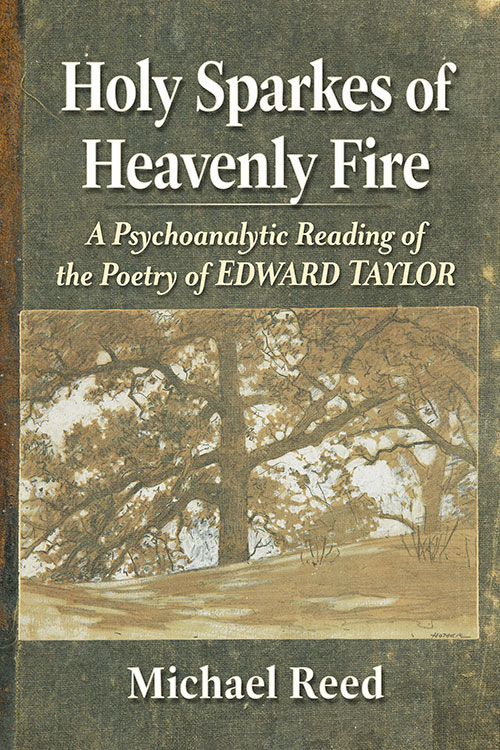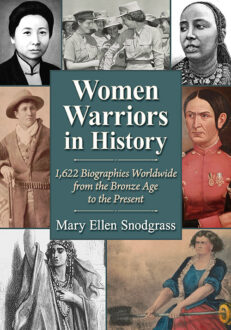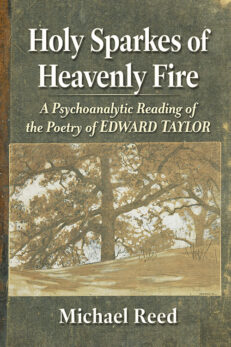Holy Sparkes of Heavenly Fire
A Psychoanalytic Reading of the Poetry of Edward Taylor
$55.00
In stock
About the Book
Left unpublished for over 200 years, the poetry of colonial American writer Edward Taylor has left an undeniable impact on the American literary landscape. Upon its release, the concrete, carnal, and, to some, scandalous content and language of his poetry seemed to stand in contradiction with the man himself, a minister and doctrinaire Puritan. This book presents a psychoanalytic reading of both Taylors’ religion and his poetry, shedding light on the language which has so puzzled readers since its initial publication.
About the Author(s)
Michael Reed is an emeritus professor from the University of Texas–Rio Grande Valley. He has published several articles on early American writers and nineteenth century history from a psychoanalytic perspective.
Bibliographic Details
Michael Reed
Format: softcover (6 x 9)
Pages: 197
Bibliographic Info: appendix, notes, bibliography, index
Copyright Date: 2024
pISBN: 978-1-4766-9385-9
eISBN: 978-1-4766-5401-0
Imprint: McFarland
Table of Contents
Preface 1
1. Sailing with Angels 5
2. The Blinks and Blisses of God’s Love 14
3. The Tell-Tale Tongue 56
4. The Golden Poet 85
5. Holy Sparkes of Heavenly Fire 110
Appendix 131
Chapter Notes 177
Bibliography 181
Index 187
Book Reviews & Awards
• “A comprehensive guide to Edward Taylor’s poetry and its relation to Puritan theology. … By examining Oedipal tendencies of a Puritan writer, Reed offers a dynamic application of a theory that depends on analysis of the subconscious. The study is fresh precisely because it requires a revisionist reading of old poems through a modern lens.”—Douglas Edward LaPrade, The University of Texas Rio Grande Valley
• “Dr. Reed masterfully analyses the psychological makeup of Edward Taylor through his poetry and sermons. He clearly explains and applies classical Freudian concepts (e.g., defense mechanisms, the Oedipal complex, and the many manifestations of the superego) to Taylor’s provocative writings. I highly recommend this book for insights about the historical, cultural, and religious context of Puritanism in the 1600s, along with a compelling application of Freudian ideas to Taylor and his beliefs.”—Sean McGowan, PsyD, ABPP, McGowan Psychological Services, PLLC





